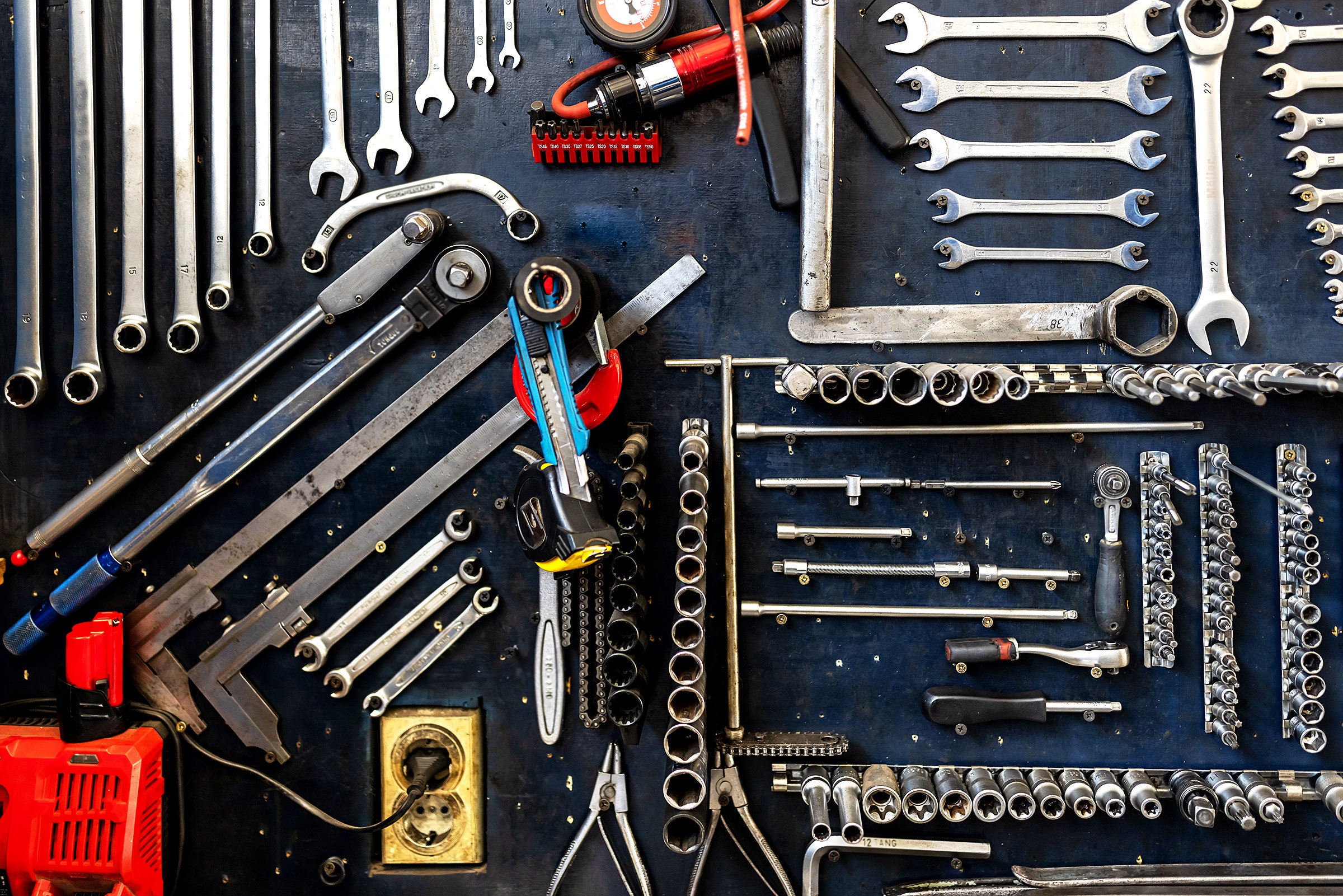Revolutionizing Automotive Manufacturing Processes: Unlocking Efficiency and Innovation

The automotive manufacturing processes involve various steps to create vehicles. These processes include design, prototyping, stamping, welding, painting, assembly, and quality control.

Credit: www.plantautomation-technology.com
Streamlining Operations For Efficiency And Innovation
Automotive manufacturing processes are constantly evolving to optimize operations for efficiency and innovation. Traditional manufacturing methods pose challenges that hinder progress. However, embracing technological advancements is the key to overcoming these obstacles. With the help of new technologies, manufacturers can streamline their processes, resulting in increased productivity and reduced costs.
By digitizing and automating tasks, companies can achieve higher accuracy and consistency in their operations. Innovative tools such as robotics, artificial intelligence, and data analytics enable manufacturers to make better decisions, improve quality control, and enhance overall performance. Embracing these advancements also allows for more flexibility and adaptability in the manufacturing process, enabling companies to stay ahead in the competitive automotive industry.
In a rapidly changing world, it is crucial for automotive manufacturers to continuously embrace technological advancements to drive efficiency, innovation, and ultimately, success.
Implementing Robotics To Enhance Efficiency
Automotive manufacturing processes have significantly improved with the implementation of robotics. Robots play a critical role in enhancing efficiency and productivity in this industry. By reducing manual labor and streamlining operations, robotics have revolutionized automotive manufacturing. With automated processes, tasks can be completed more quickly and accurately, leading to increased productivity and higher quality products.
The use of robotics has also minimized the risk of human error, resulting in improved safety standards. Furthermore, robots are capable of performing complex and repetitive tasks with precision, reducing the need for human intervention. As a result, manufacturers can achieve higher production rates and meet the growing demand for vehicles.
Embracing robotics in automotive manufacturing is crucial for staying competitive in today’s rapidly evolving market.
Harnessing The Power Of Big Data
Automotive manufacturing processes are now harnessing the power of big data to drive decision-making. Utilizing data analytics allows companies to make informed choices. Predictive maintenance, for example, improves efficiency and reduces costs. By analyzing data, manufacturers can predict when maintenance may be required, preventing breakdowns and minimizing downtime.
This proactive approach not only saves time and money but also ensures the smooth operation of the manufacturing process. Data analytics also provides valuable insights into production trends and customer preferences, enabling companies to make strategic adjustments. By leveraging the power of big data, automotive manufacturers can optimize their processes, increase productivity, and remain competitive in the ever-evolving industry.
Redefining Production Methods
Automotive manufacturing processes are being revolutionized by the utilization of 3d printing technology. This innovative method offers numerous advantages, including improved customization and design flexibility. With 3d printing, automotive manufacturers can create intricate and unique designs that were previously unattainable.
This level of customization allows for greater personalization of vehicles, appealing to a wider range of consumer preferences. Additionally, the flexibility in design enables manufacturers to optimize components for enhanced performance and efficiency, resulting in vehicles that meet specific requirements.
The use of 3d printing in automotive manufacturing not only streamlines the production process but also allows for faster prototyping and reduced costs associated with traditional manufacturing methods. Overall, this technology is redefining production methods and driving the automotive industry towards a more innovative and efficient future.
Conclusion
To summarize, automotive manufacturing processes play a crucial role in the production of vehicles. From stamping and welding to painting and assembly, each step is carefully executed to ensure the highest quality and efficiency. Embracing advanced technologies and automation has revolutionized the industry, allowing for faster production cycles and improved precision.
Furthermore, the incorporation of sustainable practices within these processes is essential for reducing environmental impact and promoting a greener future. Manufacturers are continuously striving to optimize their operations and adopt lean manufacturing principles, resulting in greater cost savings and streamlined production.
As consumer demands continue to evolve, automotive manufacturers must stay ahead of the curve by embracing innovation, implementing flexible production methods, and investing in research and development. By leveraging these advancements, the automotive industry will continue to thrive and meet the growing needs of consumers globally.










